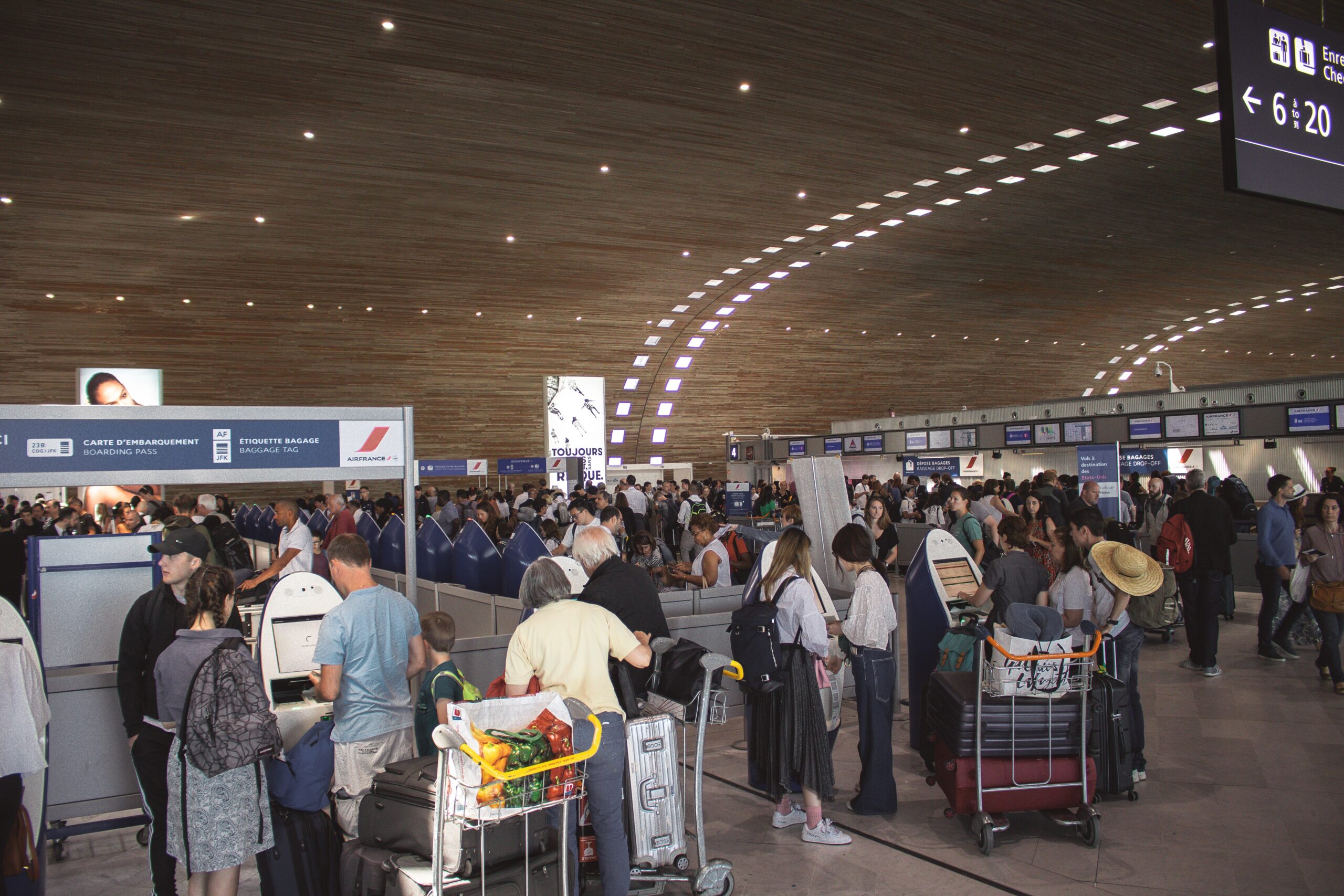Innovation comes in many shapes and forms, from tech to human touch.
These days, when you hear about airports and seaports in Israel and around the world, two main topics tend to be brought up. On the one hand, news outlets are hailing the innovation and introduction of technology meant to streamline customs clearance, making the wait times before flights and cargo deliveries to customers’ warehouses and front doors significantly shorter and more secure. On the other hand, you can’t turn on an evening news program without hearing about post-Covid staffing shortages and their adverse effects: hours upon hours spent waiting to check-in and clear customs, an unprecedented number of flights being delayed and canceled, and luggage never make it to its destination, sitting instead in deserted airport corners, with little to no oversight, or attempts to reunite them with their lawful owners.
Programs to replace people? Not so fast!
At first glance, it would seem that introducing new tech to streamline some of these processes is the answer we’ve all been waiting for. While we may have feared machines replacing humans in the working world for years, they may, in fact, save men and women from jobs they simply no longer want to do, while allowing the growing population interested in entering high-tech, the opportunity to do so, for industries they know, up close and personally.
That said, to be able to integrate new technology and have it save on human resources, there must be people on the ground to supervise its performance, and they need to be trained in how to operate it. If air and seaports are struggling to bring people in to do jobs they already know how to do, why would they be able to bring people in to train to do something they may or may not be interested in, grasp with ease, or master, at all? Doing so would be heroic in times of operational stability; in times of travel and fulfillment chaos, it almost seems downright reckless.
The need for a human approach
Innovation isn’t always tech-based. In this case, introducing innovative tech during a crisis would likely lead the tech to become a “Band-Aid,” rather than a solution, in and of itself. If the tech will ever be able to stand on its own, current obstacles must first be cleared.
Sometimes, to be truly innovative, all you need to do is tap into your human side. For air and seaports, this means that they must re-focus their energies on the strategies, operational processes, and company culture they employ. To resolve the current staffing shortage and be able to even start implementing new facial recognition and customs clearance technologies, they must first make their places of work, places where people want to work.
It isn’t necessarily all about money. Before air and seaport officials raise their hands in defeat, they should take the time to ask their community what it is they want and need. The answers might surprise them. Sometimes, people just want to feel valued on the job. Open communication, empathy, and leadership that empowers growth can be just as important as the paycheck employees bring home at the end of the month – or even more so.
Taking the high road, with Highroad
We are always looking for new ventures that are poised to significantly and positively impact human lives. We understand the desire to constantly innovate, create something truly revolutionary, bring new solutions to the market, and lead. But, first and foremost, we’re people ourselves. We deeply and intrinsically understand what motivates people, and we want to help people and organizations in Israel and around the world achieve fulfillment and meaning in life. We know when it’s time to hit “Go” on the innovation development button, and when it’s time to take a pause, and recalibrate existing solutions, for the benefit of all parties involved.
In the case of the current air and seaport staffing crisis and its reverberating effects, we truly believe that the solution must be people-oriented and that new and innovative solutions to streamline security and customs checks can and should wait so that they ultimately drive the effectiveness they were developed to generate.
Do you have an innovative solution to the ongoing crisis at air and seaports around the world? Follow Highroad on social media and share them with the world!

